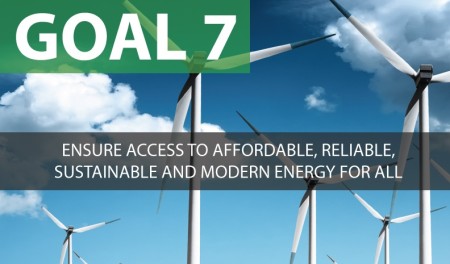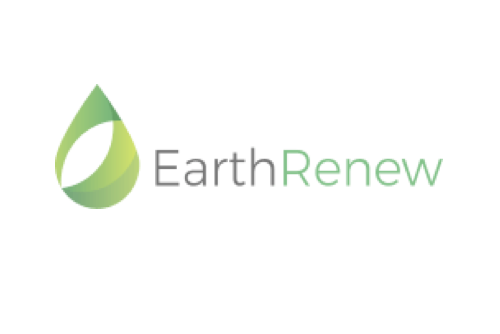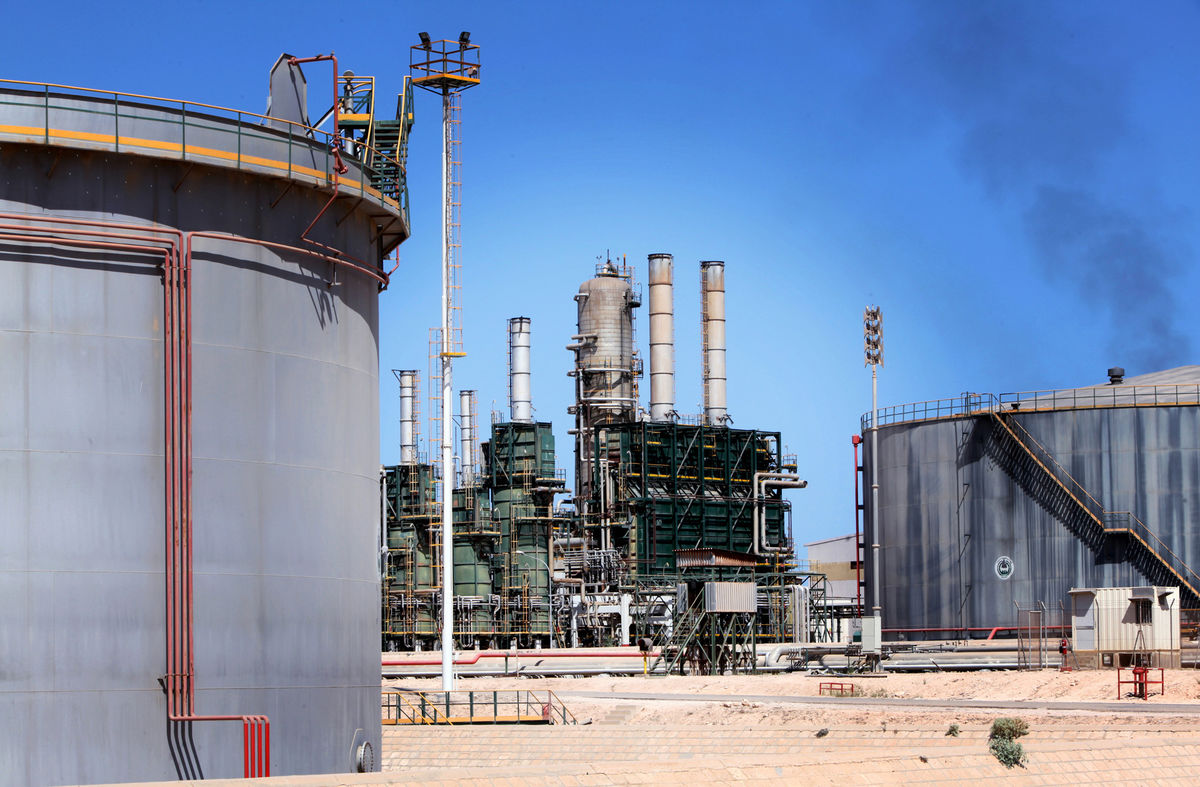According to the International Energy Agency (IEA), 1.2 billion people are currently living without access to electricity. This situation is especially disconcerting given the fact that access to energy is often a prerequisite for economic development and the provision of basic services like the heating and lighting of schools and hospitals as well as cooking and food preservation. As the former Secretary-General of the United Nations (UN) Ban Ki Moon put it, “energy is the golden thread that connects economic growth, social equity, and environmental sustainability”.
Therefore, the implementation of the UN Sustainable Development Goal 7 (SDG7) to “ensure access to affordable, reliable and modern energy for all” is the main priority. The goal consists of three targets – to ensure universal access to affordable, reliable and modern energy services, increase substantially the share of renewable energy in the global energy mix and double the global rate of improvement in energy efficiency by 2030.
SDG7 is also part of the European Union’s development and cooperation policies. The EU has committed to helping poor economies develop energy networks and provide electricity access to half a billion people under its “Sustainable Energy for All” framework. Also, 30 developing countries including 15 in sub-Saharan Africa have made energy the backbone of cooperation with the EU for the 2014-2020 budgetary framework.
At the same time, developing and the least developed countries have supported the Paris Agreement while trying to limit global warning to below 2°C above pre-industrial levels. Therefore, the need to fight climate change and transform the energy sector – the largest contributor to global greenhouse gas emissions – has been gathering momentum. Thus, this momentum serves as an opportunity to work on SDG7 in a way that is sustainable and consistent with the Paris Agreement goals.
The EU itself recognizes that these two are interlinked and as such Brussels promised to pursue them jointly in its development policies. The EU has resources to help developing countries achieve both objectives at the same time through technical assistance, financial instruments and various partnerships. Moreover, given international political and economic context providing opportunities to boost the EU’s support, Brussels can use the tools at its disposal in a more coordinated, coherent and efficient way.
Despite progress across the developing world, developing countries need help of the more advanced economies to achieve the coupled goal of energy access and environmental sustainability. The EU has made the implementation of SDG7 one of its key priorities and has proven itself to be the go-to partner for the provision of financial and technical assistance for energy projects. There is a political will in Europe to support developing countries, so the EU needs to maximize this cooperation to help them implement their long-term decarbonization plans including financial resourcing, private sector involvement, and local communities empowerment.
‘Access to Clean and Efficient Energy in Developing Countries: The Need for EU Action to Implement SDG7’ – Policy Paper by Johannes Hügel and Romain Pardo – EPC / European Policy Centre.
(The Policy Paper can be downloaded here)




